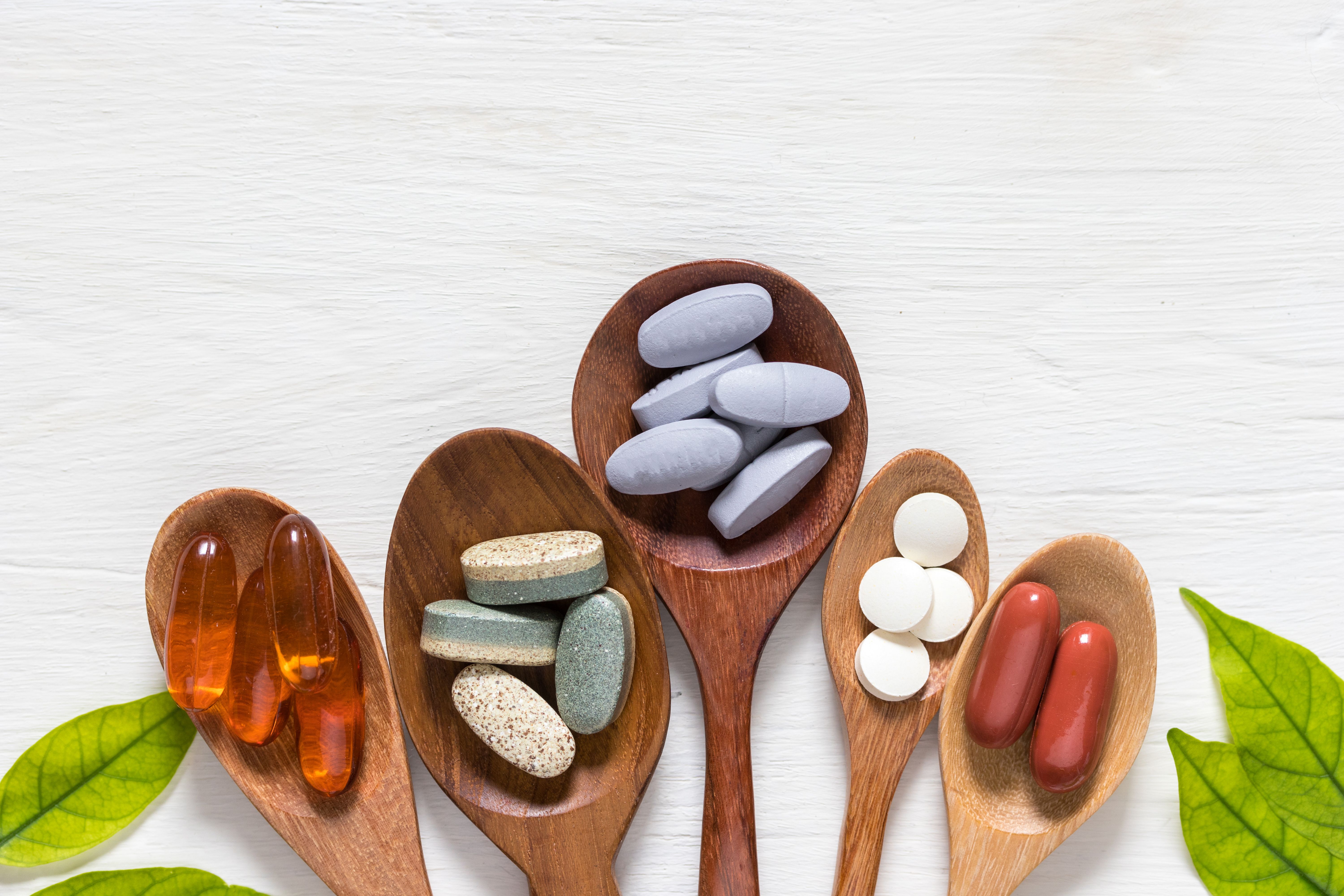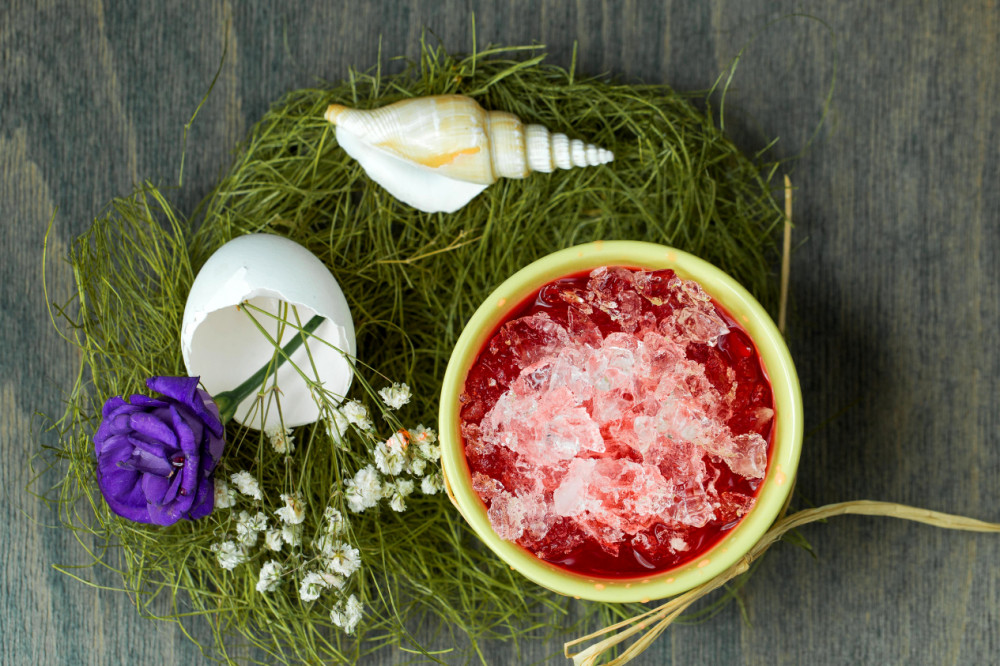
What is Vitamin U? Have U heard about it?

Vitamins are nutrients which are not only essential for our body growth and development but also for immunity, metabolism, keeping nerves healthy, getting energy and shielding us from various diseases. In all, there are a total of 13 vital vitamins- Vitamin A, C, D, E, K and the B vitamins (thiamine, riboflavin, niacin, pantothenic acid, biotin, B6, B12, and folate). But also there’s Vitamin U which we are sure you might have never heard of. So let’s have a look at what is Vitamin U precisely.
What is Vitamin U?
Vitamin U. Seems alien to your eyes and ears, doesn’t it? But the term Vitamin U was first introduced in the 1950s. Vitamin U is not classified into vitamins but it’s a derivative of amino acid methionine. We know you might be baffled reading this huge name, but to put in simple words methionine plays a vital role in metabolism and health of many species, including human beings.

Advantages of Vitamin U:
1. Can heal stomach ulcers:
This vitamin is touted to have healed peptic ulcers by 4-5 times faster by drinking 945ml of cabbage juice daily.
2. Helps in wound healing and skin protection:
Vitamin U has the quality of protection against ultraviolet (UV) rays as well as hasten wound healing.
Animal studies have shown that by applying Vitamin U directly on the wound, it speeds up the healing process and works as a catalyst to close wounds faster.
3. It has antihistamine effects:
Antihistamines are drugs which are used to cure allergies. Vitamin U is said to have antihistamine effects which means it can be useful to cure allergies like nose allergy causing asthma and food allergy.

4. Might lower cholesterol and triglyceride levels:
Triglycerides are a type of fat which are stored in the fat cells of the body and used when needed. Increased triglyceride levels impose a risk to one’s heart health. Therefore, Vitamin U may be helpful in preventing the creation of fat cells and also reduce triglyceride levels.
The result of a study conducted, where people were given 1.5 grams of Vitamin U daily in their diet showed the triglyceride levels remained constant and there was an increase in HDL cholesterol which reduces the risk of heart disease.
5. It provides lipotropic effects:
Lipotropic compounds catalyse the breakdown of fat during the metabolism process. As Vitamin U has this kind of property it provides protection to the liver from the destructible effects caused by fat degeneration.

Sources of Vitamin U:
Vitamin U is available from foods like cabbage, broccoli, kale, celery, spinach, green onion, beetroot, carrots, asparagus, turnips and parsley and also from supplements. To get the best use of Vitamin U it is advisable to eat these vegetables raw.
It’s also found in foods of animal origin like egg yolks and milk.
Deficiency of Vitamin U:
Deficiency of Vitamin U is seen in people who do not consume food containing it. Its deficiency leads to acidity which may cause major problems like stomach ulcers or other stomach problems.
Side Effects of Vitamin U:
As such Vitamin U does not have any adverse effects and also it’s absorption is not hindered by any water-soluble fat.
Related Blogs

What Are Adaptogen Foods? 10 Indian Recipes That Use Them
33 Views

August Fruits and How to Use Them in Indian Recipes
46 Views

AI in Your Kitchen: How Indian Homes Are Using Smart Cooking Devices
56 Views

World Photography Day (Aug 19): How to Plate Indian Sweets Like a Pro
62 Views

Traditional Janmashtami Recipes with a Modern Twist
52 Views